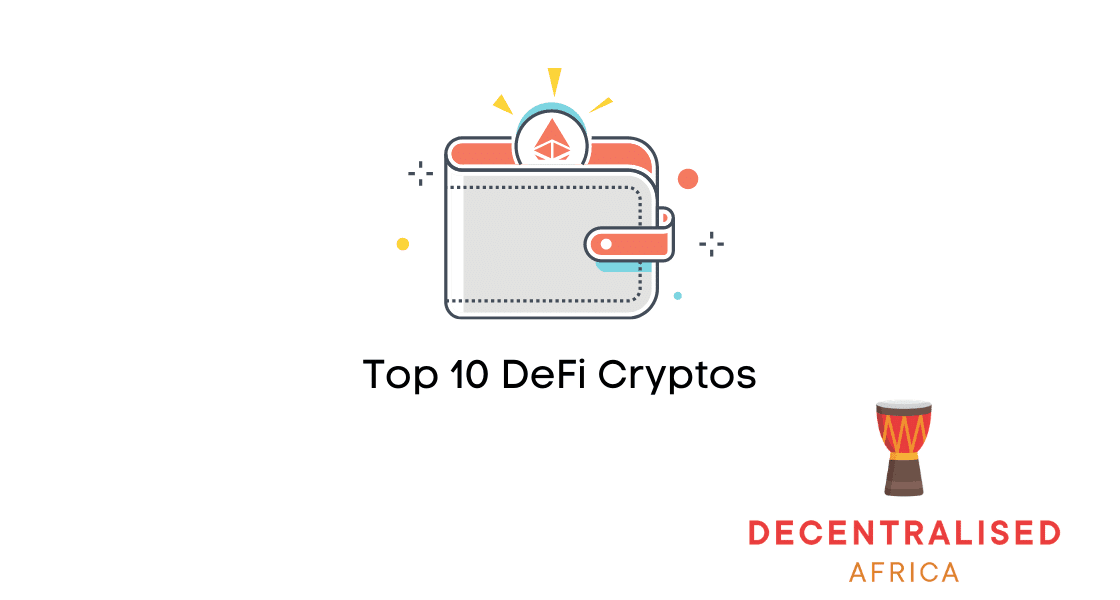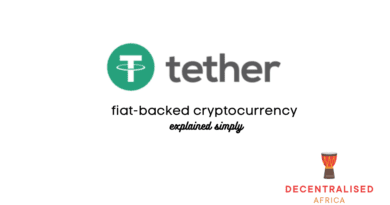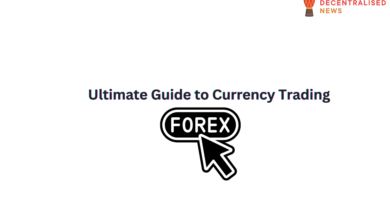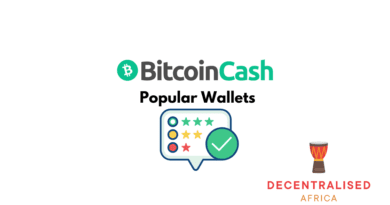Top 10 DeFi Based Cryptocurrencies
Decentralised Finance (DeFi) is one of the fastest-growing industries in crypto and it promises financial products and services such as automated loans, savings accounts, insurance, investment accounts, will become accessible to anyone in the world with a smartphone and internet connection using smart contract blockchains, such as Ethereum. Smart contracts are running programs on the blockchain, designed to be automatically executed when specific conditions are met. These smart contracts allow developers to build more functionalities and engineer complex systems and processes beyond simply exchanging cryptos. These new protocols are known as decentralized apps (dapps). Below are the top 10 DeFi based cryptos currently on the market.
Dai is a crypto-backed stablecoin that seeks to maintain a soft peg with the US dollar. Dai was first described in a white paper published in December, 2017. It is a decentralized, crypto-collateralized stablecoin that aims to maintain a stable value relative to the US dollar. Although there are several stablecoins backed by USD, Dai stands out because it was designed to be more scalable and flexible. Anyone can create their respective tokens on Dai as long as they have the collateral needed.
2. Uniswap
Uniswap is a decentralized exchange (DEX) protocol running on the Ethereum blockchain and that allows traders to trade ERC-20 tokens directly from their wallets. In simple terms, Uniswap provides the liquidity that makes it possible for DEXs to compete with CEXs. Check out our comprehensive review of Uniswap here.
3. MakerDAO
Maker is an Ethereum-based cryptocurrency project responsible for the DAI stablecoin. It is designed to minimize the price volatility of DAI which is its own USD-pegged cryptocurrency. DAI has a monetary value of one USD. Through the MakerDAO system, users can create Collateralized Debt Positions (CDPs) and use Ethereum as collateral to generate DAI which ultimately promotes financial freedom, has almost no volatility and is integrated in over 400 apps and services (i.e. wallets, DeFi platforms, games, etc.
4. UMA
UMA, short for Universal Market Access, lets users trade any asset using ERC-20 tokens without having actual exposure to the assets themselves. It was founded in 2018 in the US. UMA’s synthetic tokens trade like any Ethereum-based token until their contracts come to an end. At that moment, the staked DAI will be split between token holders and stakers. If the value of ETH vs. BTC has gone up at the close of the contract, the token holder will get a profit on what they paid for it. If it hasn’t, the staker will earn a profit on that original sale as the contract releases more DAI back to them. Read our in-depth review on UMA here.
Launched in February 2020, Yearn.finance is an aggregator service for decentralized finance (DeFi) investors, using automation to allow them to maximize profits from yield farming. The Yearn protocol is essentially a yield optimiser that focuses on maximising DeFi capabilities by automatically switching between different lending protocols. Yearn Finance is simply a decentralized financial ecosystem, where one can earn, invest, transfer funds and stake YFI tokens. The YFI token, as designed, is extensively used in the Yearn governance to decide on the future of the protocol.
Band Protocol is often described as a blockchain-agnostic, decentralized data oracle platform that connects real-word data and APIs to smart contracts. The reason for a data oracle is simple; blockchains are not equipped to access trusted, real-world data, they are only good for storage. Through Band Protocol, smart contracts get the boost they need to allow access to reliable data. BandChain is designed to be compatible with most smart contract and blockchain development frameworks. It does the heavy lifting jobs of pulling data from external sources, aggregating them, and packaging them into the format that’s easy to use and be verified efficiently across multiple blockchains.
Loopring is an open protocol where developers can create decentralized exchanges through a zkRollup construction. This construction allegedly makes scalability possible and also uses smart contracts and zero knowledge proof circuits. LRC is the native token which can be staked to earn Loopring protocol fees. Another perk to staking a lot of LRC is that the settlement cost will be much lower for the DEX.
8. 0x (ZRX)
0x is yet another open-source protocol offering smart contracts for liquidity purposes while encouraging investors trade tokens on the Ethereum blockchain. ZRX is the native token required for voting purposes on Improvement Proposals or used to pay trading fees to relayers. 0x was co-founded by Will Warren and Amir Bandeali in 2016. It enables the peer-to-peer exchange of Ethereum-based tokens and is often referred to as a decentralized exchange (DEX). The 0x platform provides a means of exchanging a variety of tokenized assets such as stocks, gold, real estate and video game items. It is seeking to promote interoperability between decentralized applications (dapps). 0x has capped the ZRX supply at 1 billion tokens.
The Chainlink network is designed to provide secure inputs and outputs necessary for complex smart contracts that can be connected to real world data, events and payments. The Chainlink Network provides tamper-resistant and sustainable price feeds furthering the growth of DeFi. Market data sourced from premium APIs provides full market coverage with rigorous validation before triggering your smart contracts. Chainlink has a strong open source community that builds and funds the on-chain reference data resources for the long-term viability of smart contracts.
10. Compound (COMP)
Compound is an algorithmic, autonomous interest rate protocol built for developers, to unlock a universe of open financial applications. COMP is the Compound protocol’s ERC-20 asset. Compound leverages audited smart contracts responsible for the storage, management, and facilitation of all pooled capital. Users connect to Compound through web3 wallets like Metamask, Argent or Coinbase wallet. Compound is a protocol on the Ethereum blockchain that establishes money markets, which are pools of assets with algorithmically derived interest rates, based on the supply and demand for the asset. Suppliers (and borrowers) of an asset interact directly with the protocol, earning (and paying) a floating interest rate, without having to negotiate terms such as maturity, interest rate, or collateral with a peer or counterparty. Compound introduced a governance token – COMP – which allows token holders and delegates to vote on important protocol decisions like new collateral types, borrowing power, and interest rate models. COMP holds no economic benefits and is solely used to vote on protocol proposals.









